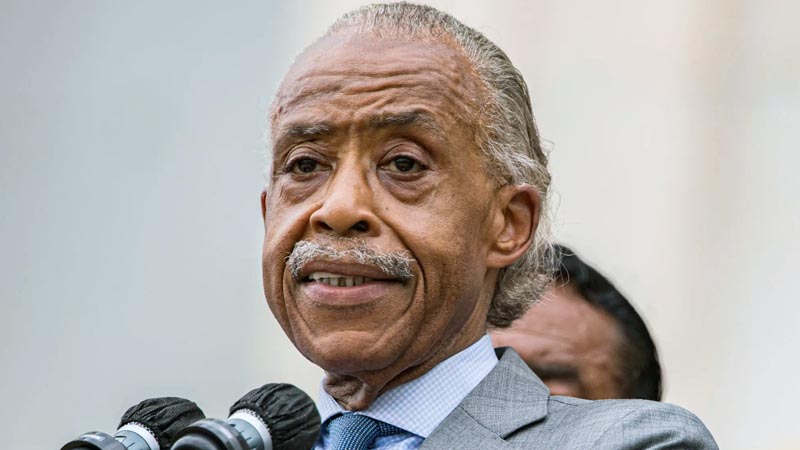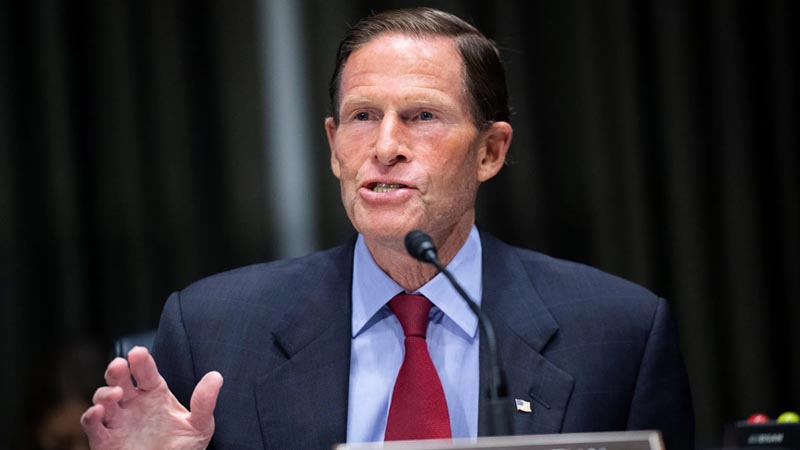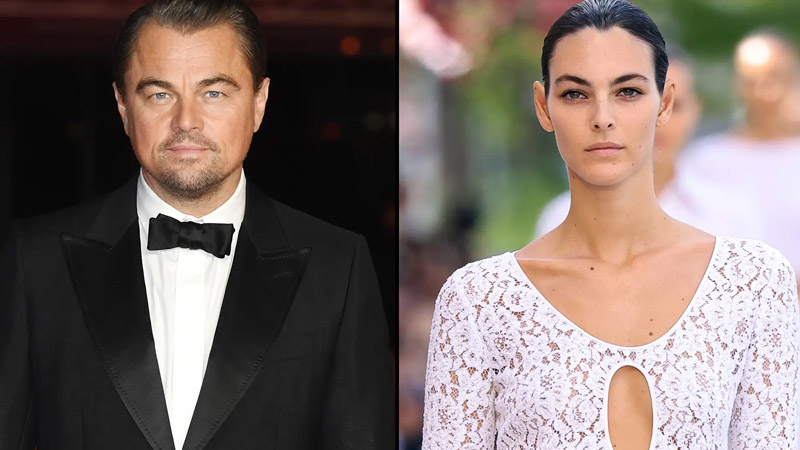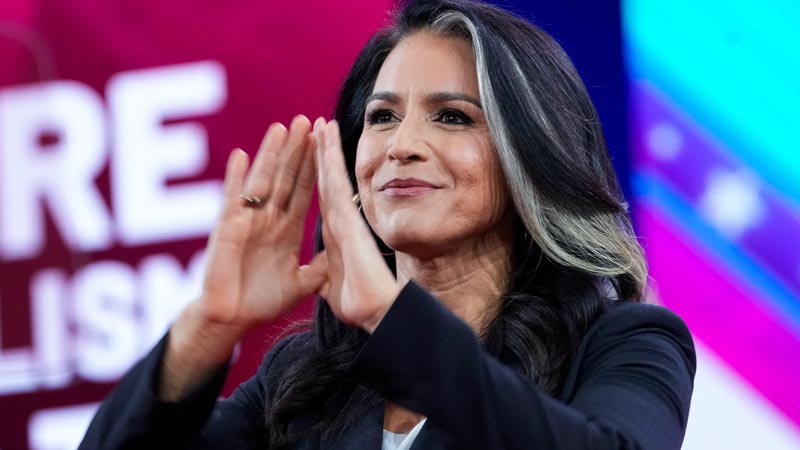Kamala Harris Campaign Paid $500,000 to Sharpton’s Nonprofit Before Interview: ‘MSNBC Was Unaware of the Donations’

Rev. Al Sharpton celebrated the 10-year-anniversary of his MSNBC show this week. (Getty Images)
Kamala Harris’ presidential campaign reportedly contributed $500,000 to Rev. Al Sharpton’s National Action Network shortly before Harris participated in a favorable interview with the civil rights leader and MSNBC host. According to a Washington Free Beacon report, the payments were made in two installments: $250,000 on September 5 and another on October 1, weeks before the televised interview.
MSNBC, however, claims it had no knowledge of these donations. “MSNBC was unaware of the donations made to the National Action Network,” a network spokesman stated. Despite this, the spokesman declined to comment on whether disciplinary action would be taken against Sharpton, raising questions about transparency and accountability.
Historically, MSNBC has disciplined hosts for conflicts of interest. In 2010, the network suspended Joe Scarborough of Morning Joe and former host Keith Olbermann for making undisclosed political contributions. When asked if the network’s policies on political involvement had changed since then, the spokesman did not provide clarification.

At the time, NBC News’ policy emphasized the need to avoid any appearance of bias. “Anyone working for NBC News who takes part in civic or other outside activities may find that these activities jeopardize his or her standing as an impartial journalist because they may create the appearance of a conflict of interest,” the policy stated. Employees were required to disclose and seek approval for potential conflicts in advance.
Criticism of the payments extends beyond MSNBC. The Society of Professional Journalists released a statement highlighting the ethical implications. “While Sharpton may not consider himself a journalist, many viewers do,” the organization noted. “When TV news broadcasters do not report their conflicts of interest, or conduct their work in ways that run counter to ethical journalism, it builds distrust among their audiences and places a black eye on both their network and the profession.”
The revelations have sparked debate about media ethics and journalistic credibility, particularly given Sharpton’s dual role as an activist and a broadcaster. Critics argue the payments create an appearance of bias that undermines public trust in both Sharpton and the network. As MSNBC continues to sidestep questions about its policies and potential consequences for Sharpton, the incident raises broader concerns about accountability in media and the impact of political contributions on impartial reporting.


